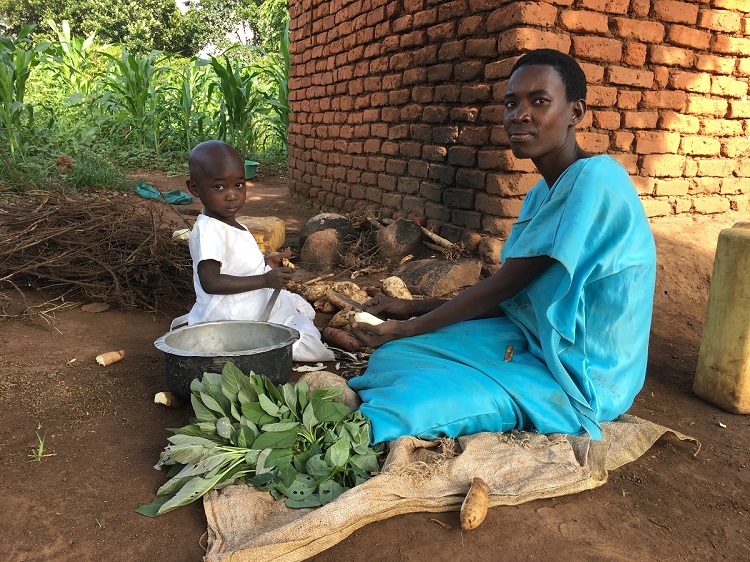Land degradation, climate change, pests and diseases, and lack of access to farm inputs and markets are some of the obstacles faced by millions of smallholder farmers in Africa who struggle to produce food for their families and secure an income.
Substantial investments have been made in developing agricultural technologies to address these challenges but uptake by farmers has often been low. One reason for this has been insufficient understanding of different farmers’ needs,  resources and environments. Over the past four decades, various approaches have been promoted to increase farmer participation in development of agricultural technologies.
resources and environments. Over the past four decades, various approaches have been promoted to increase farmer participation in development of agricultural technologies.
Such participatory approaches have strengthened farmer agency in the research and development process but are generally resource-intensive, localised and small-scale.
Farmer Research Networks (FRN) are an innovative participatory approach, which aim to address farmers’ problems, strengthen farmers’ proven capacity to innovate and facilitate positive and sustainable change for farmers at scale. McKnight Foundation’s Collaborative Crop Research Program (CCRP) have been developing FRNs with groups of farmers, working with research and development organisations, which engage in research and are networked to share information and learning.
NRI researchers, Dr Kate Wellard, Richard Lamboll and PhD student, Frank Tchuwa, have been collaborating with Lilongwe University of Agriculture and Natural Resources, on a McKnight Foundation-supported project on Farmer Research Networks in Malawi. The research examined four farmer-centred approaches – Farmer Field Schools, Farmer Research Teams, Lead Farmers and FRN – being promoted in farming communities in Malawi.
It aimed to understand how these approaches contribute to genuine and productive engagement of resource-poor farmers in agricultural research and development; in particular, to developing and scaling sustainable soil health technologies.
Findings show that the different approaches provide opportunity for engaging smallholder farmers in soil health innovation. However, their effectiveness is constrained by competing objectives of implementing organisations, lack of institutional and policy support, challenges in scaling technology options for different farmer contexts, and unequal relations among farmers and with development agents.
The project is engaging policymakers, scientists and development practitioners to improve the design, implementation and policy context of farmer-centred agricultural research and extension programmes.
To find out more about:

